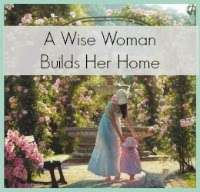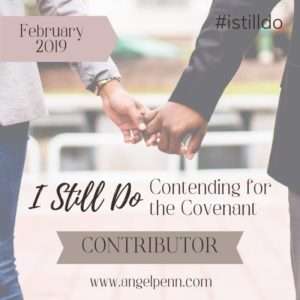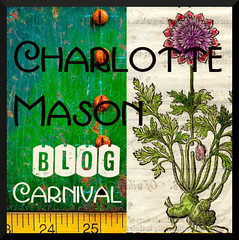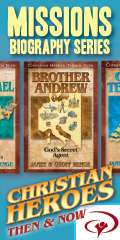
I just read a book that was written by a homeschooled girl. Her name is Hope Auer, and she is a gifted author. I wondered if she could come up with a fresh view of the story of the Israelites in Egypt that would give me any fresh insights, since I have read this story about a million times.
Well, she did! Moses and Aaron were barely mentioned, but in this story, Hope shows the impact of their words and actions on the Egyptian people and the Israelites. She also did a good job of depicting what may have been happening in Pharaoh’s family and in the palace.
The main character is a 12 year old girl named Jarah who is struggling with doubts about her core beliefs. Her father believes in Yahweh and that He is moving on their behalf to deliver the Israelites from slavery in Egypt. Her mother doesn’t believe in Yahweh, but has turned to the Egyptian gods.
The conflict between the beliefs of her parents causes her confusion, and she watches to see what will happen next throughout the story to help her decide which belief is true.
Jarah is a likable, believable character. She loves her family and is concerned about the things that are going on in each of their lives.
Her father teaches the family the truth about Yahweh while remaining respectful toward his wife.
The rest of the family, except for the oldest sister, tend to lean toward what their father believes, and there is much love and tenderness among them.
There are several story lines that are just waiting to be developed, and that’s a good thing because this book is the first of a three-part series that Hope Auer is writing called The Promised Land series for Great Waters Press.
There is mild romance, but it is family-friendly, and the author presents it as a natural part of growing up, with whole families involved in making decisions and children asking for parents’ advice and permission in these matters.
Jarah’s doubts are similar to what many young people experience around the age of 12, and this story may help them to sort through their own doubts and beliefs and solidify what they believe in as they ponder how God is working in their own lives even when it seems like more bad than good things are happening.
As I read this story I was impacted by the glimpse into life as a slave in Egypt. I identified with Jarah’s family as they felt frustrated at having to please the Egyptians and obey their every whim no matter how difficult or inconvenient or even impossible their demand was. They lived under the constant threat of being beaten or punished.
Even those who were favored by the queen still had no control over their own lives. One of the Israelites who was a personal maid to the queen couldn’t marry the man of her choice. She was going to be forced to marry an Egyptian who worked in the palace.
Moses and Aaron talked to Pharaoh, and he made working conditions even harder for them. The Israelites were not happy with Moses.
The Israelites were not allowed to carry weapons of any kind.
The way the author described the Plagues made me realize just how awful they were to live through. The Egyptians really suffered, but the Hebrews weren’t touched unless they were in the city of Rameses while the plague was happening. Many times the Plagues gave the Hebrews a reprieve from their hard labor. Sometimes their work was called off because they couldn’t do their work as long as there was no water because the Nile had been turned to blood or there were so many frogs or flies, nobody could even function. Or all the cows were dead, so there was no need to take care of them anymore. Or the Egyptians were in so much pain from boils they couldn’t tell anybody what to do.
Some ascribed to the Egyptian gods what Yahweh was actually doing. They said the Egyptian gods were angry and sending the plagues. Or the Egyptian gods were under attack. Or the gods knew the Egyptians were wrong and were punishing them.
An aspect that Hope Auer brought out in her story was the way that the plagues attacked certain gods and sacred things in particular.
For instance,
-
The Nile was turned to blood – The Nile was considered sacred.
The plague of frogs – The goddess Heget had the head of a frog – she represented fertility and resurrection and frogs were considered sacred because they came from the Nile
The plagues of lice and flies – Insects were considered sacred.
The cattle died – Cattle were considered sacred.
The plague of boils – The goddess Bast was thought to give joy, health and healing and protection against contagious diseases.
The plague of locusts – Locusts were considered sacred.
The thick darkness – The Egyptians feared darkness and their main god was the sun god, Ra, who gave them light.
The death of the firstborn son – Avenged the Hebrew boys that had been murdered by previous Pharaohs.
It was a very interesting story, and I enjoyed reading it. I even learned some things and thought more deeply about some aspects of the Exodus story than I had before.
Young people would enjoy this book and get good exposure to the culture and times of the story of the Exodus. It is a good way to make the Bible come alive. It would make a good read-aloud for the family, too.






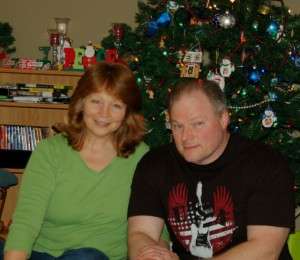

 "Oh that God would give every mother a vision of the glory and splendor of the work that is given to her when a babe is placed in her bosom to be nursed and trained! Could she have but one glimpse in to the future of that life as it reaches on into eternity; could she look into its soul to see its possibilities; could she be made to understand her own personal responsibility for the training of this child, for the development of its life, and for its destiny,--she would see that in all God's world there is no other work so noble and so worthy of her best powers, and she would commit to no other's hands the sacred and holy trust given to her." -JR Miller
"Oh that God would give every mother a vision of the glory and splendor of the work that is given to her when a babe is placed in her bosom to be nursed and trained! Could she have but one glimpse in to the future of that life as it reaches on into eternity; could she look into its soul to see its possibilities; could she be made to understand her own personal responsibility for the training of this child, for the development of its life, and for its destiny,--she would see that in all God's world there is no other work so noble and so worthy of her best powers, and she would commit to no other's hands the sacred and holy trust given to her." -JR Miller